
The AIgorythm project

Playwright and actor
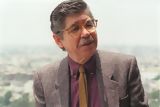
Novelist

Writer and poet

Volleyball player

Italian-Peruvian naturalist and geographer

Singer and percussionist

Last Inca emperor

Politician, former prime Minister

Journalist and TV host
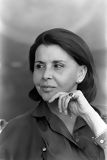
Poet

Inca warrior
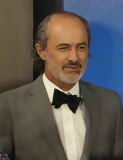
Actor and comedian

Biophysicist

Poet

Doctor and researcher

Businessman, Interbank group

Journalist and writer
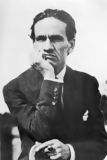
Poet and writer
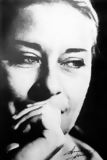
Singer and songwriter
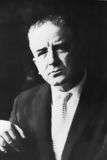
Writer

Film director, Berlin Golden Bear winner

Football player
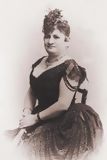
Writer and journalist
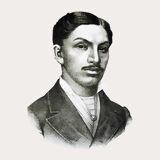
Doctor and scientist

Photograph

Chess player

Industrialist
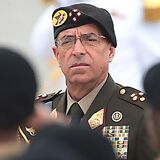
Former general

Specialist in public health

Actress and singer
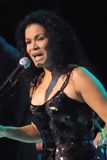
Afro-Peruvian music singer

Mathematician and engineer

Indigenous chronicler

Neurologist and anthropologist

Painter

Football player
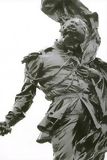
National hero, military leader

Intellectual and reformer

Chef and entrepreneur

Fashion designer

Singer-songwriter

TV presenter

Marathon runner

Indigenous Peruvian chronicler

Theologian

Former national team captain

Economist and former health minister

Inca princess

Writer and television host

Folk musician

Poet and guerrilla
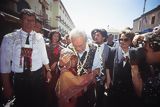
Former UN secretary-general

Chef, known for fusion cuisine

Football player

Peruvian aviation pioneer

Poet and artist
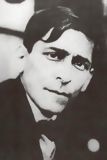
Marxist philosopher and writer

Industrialist and businessman
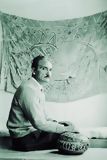
Novelist and ethnologist

Painter and muralist

Opera tenor

Fashion designer

Cardinal of Lima

Peruvian tennis player

Football coach

Leader of the indigenous rebellion
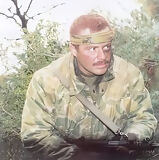
Military hero

Latin singer
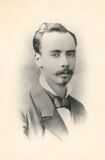
War of the Pacific hero

The youngest mother in history

Politician
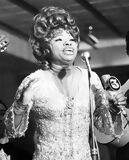
Creole music singer

Tennis player
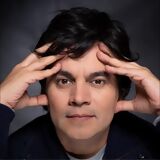
Musician

Writer and politician

Politician and founder of the Christian Democratic Party

Founder of Sodalitium Christianae Vitae

Archaeologist and anthropologist
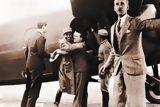
Military leader and politician

Television host
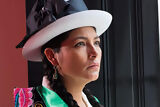
Actress and singer
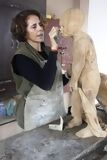
Contemporary sculptor
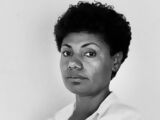
Women’s rights activist

Beauty queen

Astrophysicist

Heroine of independence
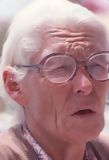
Mathematician and archaeologist

Historian and anthropologist
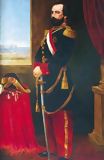
Military figure and historical figure
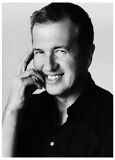
Fashion photographer
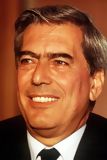
Writer, Nobel Prize in Literature, Politician

Revolutionary leader
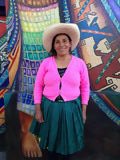
Environmental activist

Leader of the indigenous rebellion

Musician from Gaia band
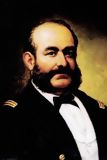
War hero
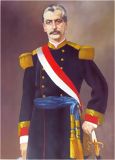
Military leader and politician

Chef, known for Nikkei cuisine

Volleyball coach and former player

Environmental activist

Television personality

Writer
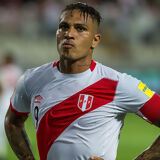
Football player

Epidemiologist and former health Minister

Inventor and aerospace pioneer

Soldier and inventor
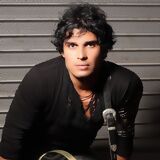
Rock singer

Chef and co-owner of Central restaurant

Painter

Football player

TV presenter and actress
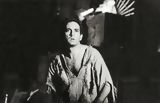
Actor
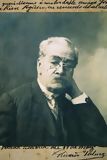
Writer and historian

Journalist and lawyer

Archaeologist, founder of Caral site
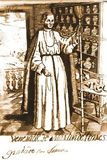
Monk and Saint
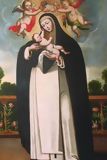
Saint, patron of Latin America

Physicist and engineer

World champion surfer

Actress

Oncologist
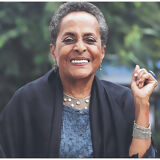
Singer, Latin Grammy winner

Former mayor of Lima

Singer

Actress

Former football player

Painter
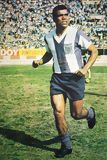
Former football player

Painter

Inca leader

Archbishop, saint
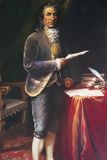
Leader of the indigenous rebellion

Revolutionary indigenous leader

Diplomat and intellectual

Sculptor and painter
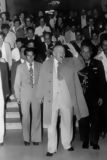
Political leader, founder of APRA

Lawyer and Former prime minister

Chef of Central restaurant
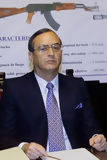
Former head of secret services

Popular singer

Fashion designer

Exotic music singer
Jaime Guardia, born in 1933 in Pauza, in the Ayacucho region of Peru, is one of the greatest performers of Peruvian Andean music. A master of the charango, a string instrument emblematic of The Andes, he played a key role in preserving and promoting traditional Andean music both nationally and internationally. His career spanned over five decades, during which he became a fundamental figure in Peruvian folklore.
Jaime Guardia was born in a region deeply rooted in Andean culture, which strongly influenced his musical journey. From a young age, he showed an interest in the traditional music of his region, and by the age of nine, he began learning to play the charango. This instrument became his musical signature throughout his career.
In the 1950s, he began performing with other musicians and recording his first compositions. His recordings reflect the musical traditions of The Andes, particularly the huayno and the yaraví, genres that evoke the culture, land, and struggles of the indigenous peoples of the Peruvian highlands.
Jaime Guardia gained national recognition for his mastery of the charango, becoming an ambassador of Andean music. His performances and compositions contributed to the revitalization of Peruvian folklore at a time when these musical traditions were threatened by urbanization and modernization. Thanks to his efforts, Andean music reached a new audience both in Peru and abroad.
He also formed the famous group Lira Paucina, with whom he recorded several albums that have become landmarks of Peruvian folklore. Jaime Guardia performed in many countries, sharing the richness of Andean culture with international audiences, and he was invited to numerous folk music festivals around the world.
Throughout his career, Jaime Guardia was not only an exceptional musician but also a passionate advocate for preserving Andean culture. He taught traditional music to many generations of musicians, ensuring the transmission of musical traditions to young Peruvian artists.
His commitment to Andean culture went beyond the music scene. He worked with researchers, musicologists, and cultural institutions to document and preserve the musical traditions of The Andes. As both an artist and educator, he played an essential role in the valorization of Peru's cultural heritage.
Jaime Guardia passed away in 2018, leaving behind an invaluable musical legacy. His work helped elevate Andean music to a level of national and international recognition, and his recordings continue to inspire new artists. His contribution to traditional Andean music makes him one of the most respected figures in Peruvian folklore.
As a master of the charango, Jaime Guardia showed the world the beauty and depth of Andean music while remaining true to his cultural roots. Today, he is recognized as one of the greatest ambassadors of Peruvian music, and his influence continues to resonate in the contemporary folk music scene.